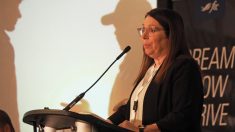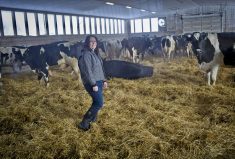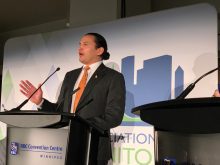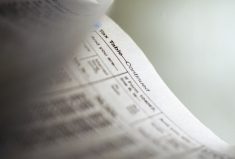KAP makes its case, but the minister of agriculture says his government can’t afford the current rebate program
 The Manitoba government is resisting calls to roll back changes to its Farmland School Tax Rebate program, which will cost landowners millions of dollars.
The Manitoba government is resisting calls to roll back changes to its Farmland School Tax Rebate program, which will cost landowners millions of dollars.
Keystone Agricultural Producers president Doug Chorney said Agriculture Minister Ron Kostyshyn was sympathetic but not willing to make changes when they met late last month.
Read Also
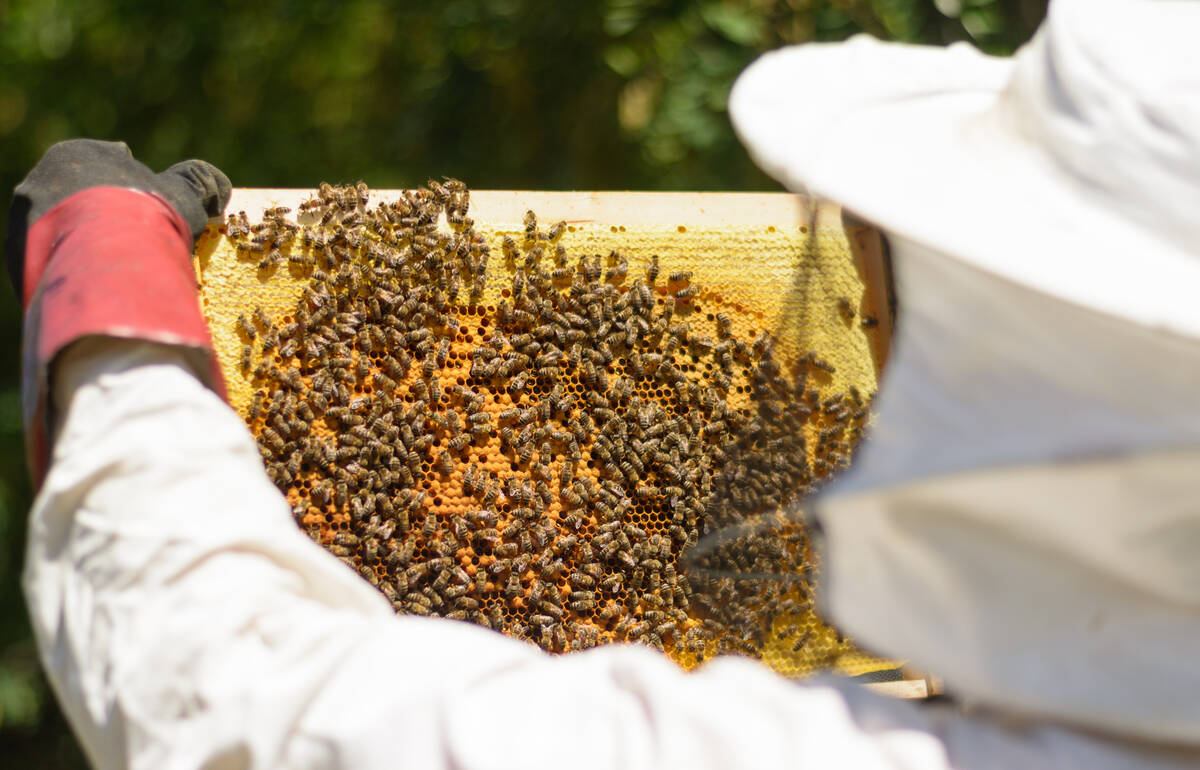
Malta bee exporter blasts criticism from Canadian beekeepers
A honeybee exporting firm on the Mediterranean island of Malta says they’re collateral damage to a dust-up in the Canadian honey sector over imports of replacement bees.
“The minister says he supports us in principle, but due to economic restraints and the fiscal condition of the province they had to look at ways to recover some of the rebate money because the rebate program was growing,” said Chorney.
“I think it was enlightening for him to hear just how much we feel it’s going to impact our members relative to what is projected — $6.2 million. It could be more like a $10-million to $15-million clawback. One-third of the existing rebate program could be forsaken.”
The rebate program has been returning 80 per cent of the education tax on Manitoba farmland, and the NDP promised in the last election to eventually rebate all of the education tax on farmland. However, in its spring budget the government announced the rebate would be capped at $5,000 per taxpayer, “which includes all related persons of the taxpayer.”
In addition, out-of-province landowners are no longer eligible for the rebate. And the deadline to apply for the rebate is now March 31, 2014. Landowners used to have up to three years to file their forms.
“Originally it was projected this would affect two per cent of farmers,” Chorney said. “Now we’re being told by inside sources that up to 10 per cent of applications could be affected by these changes. That’s 3,500 applications that could be affected by the new rules.
“A whole bunch of people who would’ve applied for the rebate as individuals are no longer considered individuals and now the rebate is capped at $5,000. It’s a double whammy.”
All Manitoba businesses pay education tax on their buildings and property, but Keystone Agricultural Producers maintains it should be eliminated, and not just for farmers, because it doesn’t reflect a business’s ability to pay. A farmer could be losing money but still have to pay education tax, and “that’s not sustainable,” Chorney said.





